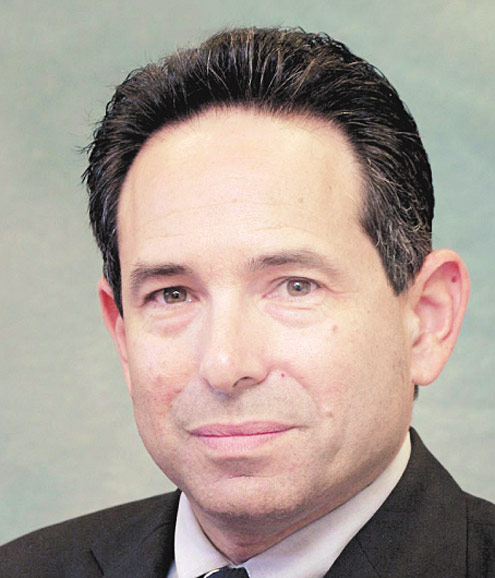 Dr. Gil Michael Bufman is the Chief Economist at Leumi Group, a position he has held since 2001. He is a well-known and highly respected economist, advising and commenting frequently on economic policy in Israel, the state of the Israel economy and the global economic outlook.
Dr. Gil Michael Bufman is the Chief Economist at Leumi Group, a position he has held since 2001. He is a well-known and highly respected economist, advising and commenting frequently on economic policy in Israel, the state of the Israel economy and the global economic outlook.
Before joining the Leumi team, Dr. Bufman was involved in economic policy decision making and its implementation as Senior Economic Advisor at Israel’s Ministry of Finance. Prior to that, he was Senior Economist at the Bank of Israel in the Monetary Department and later as an adviser to the research division. For over a decade, Dr. Bufman authored a series of reports covering the outlook for Israel, published by the world renowned Economist Intelligence Unit, and he has held numerous institutional investor board and investment committee memberships.
Earlier in his career he was an Economic Consultant at The World Bank, dealing with Latin American issues, exchange rate mechanisms and disinflation. He was a Senior Economist at Bank Hapoalim in the Economic Department. Dr. Bufman also served in the Israeli Air Force, in the area of research and development and worked as a technological project manager at the Israeli Aircraft Industry and other high-tech defense companies.
He earned a Ph.D. from Tel-Aviv University. Dr. Bufman served as a lecturer at Tel-Aviv University, the Hebrew University of Jerusalem and Herzelia Inter-Disciplinary Center. He was a faculty member at the Academic College of Tel-Aviv Yaffo.
The Q1 GDP reading was flattered by a surge in vehicle imports. What is the underlying economic picture, and how could government policy affect the economy going forward?
Overall, the picture of economic growth at the beginning of 2019 is relatively positive, and reflects our estimate of growth of more than 3% (on average) in 2019. As to the Israeli economy after the elections, note that the economy itself is stronger than its politicians and its political reality. It went through the 2008-2009 crisis with flying colors—no recession and crisis in the financial sector. It has been growing nonstop since 2003. Israel’s economy has been growing over the past five years at a pace of 3 to 4% per year. It is a geographically small country, with GDP exceeding $350bn and population at close to 9m.
Lots of the growth has been coming from a highly developed and thriving high tech sector which is not subject to political cycles. Other parts of Israel’s success story have to do with the substantial findings of offshore natural gas over the past decade that have already been tapped into. Moreover, Israel is one of the most developed countries in the world when it comes to water technology.
Despite having a relatively high GDP per capita level of about $40,000 per person, the economy has a high population growth rate of about 2% per year. This is something very rare—a rich economy with high population growth, centered around the “mainstream” population. This generates economic demand and also replenishes the pool of labor for future growth.
Where the government can affect things, to some extent, is through fiscal developments. However, this is limited since the international rating agencies follow Israel closely and any deviation from what is considered as adequate fiscal practice would be frowned on by rating agencies. Currently, Israel is rated AA minus by Standard and Poor’s.
What are the key risks to Israel’s outlook?
Israel enjoys price stability, with inflation virtually nonexistent for years now, and the central bank interest rate is only 25 basis points. The main risk is related to developments in the global economy, especially developed markets, which are the main trading partners of Israel.
Another risk has to do with the geopolitical situation, which has been the case of Israel since its inception in 1948. Israel has learned to thrive and grow despite the geopolitical risks, and the business sector, especially in the parts that are the fastest-growing, such as the high-tech service sector (software development, cyber security and other R&D), can easily move operations to other places in the world if needed. Nonetheless, the geopolitical outlook remains a risk to be followed closely.
Other key risks include: An overshooting of housing starts in non-high demand areas and a mismatch between supply and demand, mismanagement of Israel’s natural gas resources, and the long-term impact on the economy of the real term appreciation of the shekel.
Sample Report
5-year economic forecasts on 30+ economic indicators for more than 130 countries & 30 commodities.